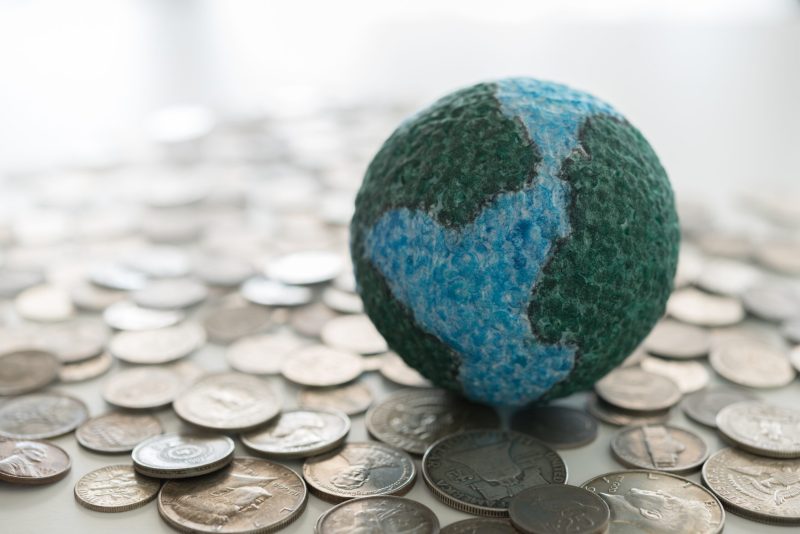The United States is facing a deepening economic divide, with wealth becoming increasingly concentrated in the hands of a small elite.
According to the World Inequality Database, the top 10% of Americans now control an astonishing 71.2% of the country’s total wealth—one of the highest levels of wealth inequality seen globally.
This growing disparity has sparked renewed debate over the country’s tax policies and social spending, especially in light of recent Republican budget proposals that heavily favor the rich.
Wealth inequality has long been a concern in the US, but experts warn that current trends could lock millions of working-class Americans into a cycle of poverty.
As the Republican-led Senate and House work to reconcile their budget blueprints, economists and policy advocates are raising alarm over provisions that slash funding for critical social services while delivering billions in tax cuts to the wealthiest individuals and corporations.
The changing nature of things and the increasing gap
Dr. Sarah Thompson, an economist specializing in labor and wealth distribution, criticized the proposed cuts, stating,
“The budget eliminates key safety nets for lower-income Americans while offering $10 billion in new tax breaks to the wealthiest. This approach will only worsen the wealth divide and erode economic mobility.”
According to data compiled by Statista, the latest Republican budget proposal seeks to extend provisions of the 2017 Tax Cuts and Jobs Act.
If passed, the extensions would result in $3.6 trillion in tax cuts through 2034.
Out of this, $1.8 trillion would go directly to individuals earning over $400,000 annually, while $900 billion would be allocated to businesses in the form of tax relief.
These tax breaks would be offset by sweeping reductions in social spending.
Medicaid could face cuts of up to $880 billion, the Supplemental Nutrition Assistance Program (SNAP) may see reductions of $230 billion, and federal student loan subsidies could be slashed by $330 billion.
Policy analyst John Kelly underscored the human cost of these figures, saying,
“These aren’t just budget lines—they represent healthcare, food, and education for millions of Americans.”
From a global perspective, the US remains one of the most unequal developed nations.
In contrast, the top 10% in the European Union hold 59.3% of the wealth.
Hungary ranks highest within the EU at 67.1%, while the Netherlands boasts the most equitable wealth distribution at 45.4%.
Outside the EU, countries like Iceland and North Macedonia also fare better, with top 10% wealth shares hovering around 56.5–56.7%.
North America as a whole now reflects inequality levels similar to those found in Sub-Saharan Africa and parts of Asia.
Dr. Emily Rojas, a socio-political economist, warns, “Such extreme disparities risk undermining social cohesion and economic stability, especially if left unaddressed.”
As budget negotiations continue, the growing concentration of wealth in America has ignited calls for comprehensive tax reform and economic justice.
The stark reality—that the wealthiest 10% now control over 70% of the nation’s wealth—demands urgent policy attention.
Whether this trend can be reversed remains a central question in the fight for a fairer economic future.
The post US wealth inequality hits new high as top 10% now own 71.2% of nation’s wealth appeared first on Invezz


